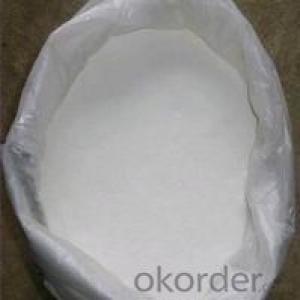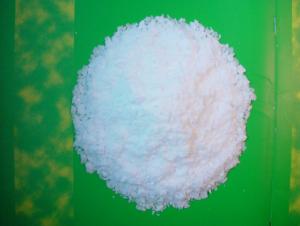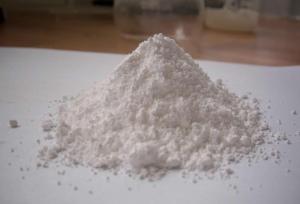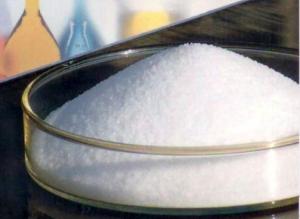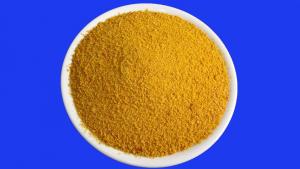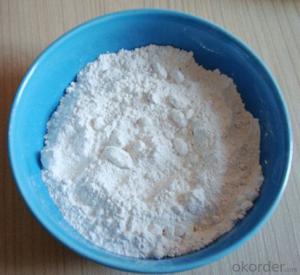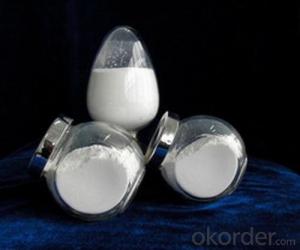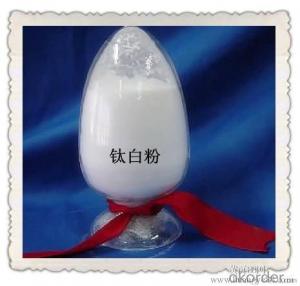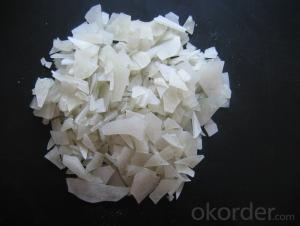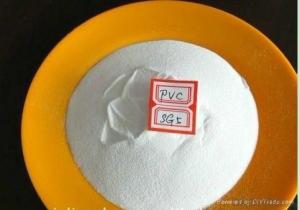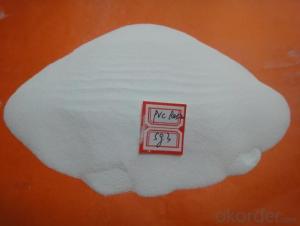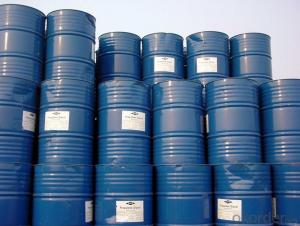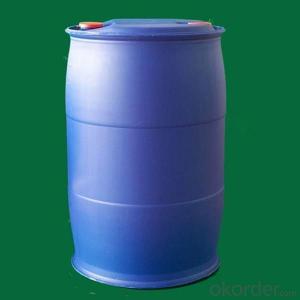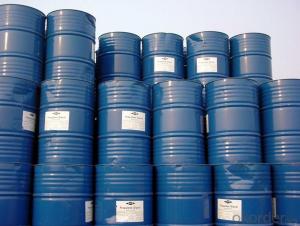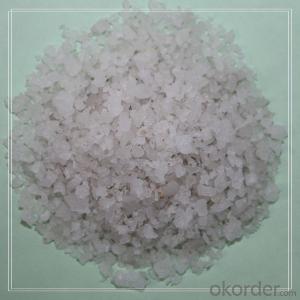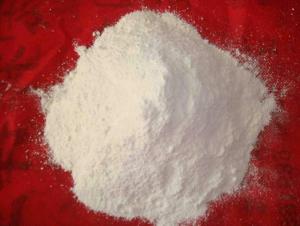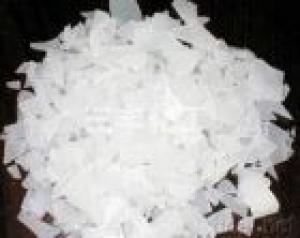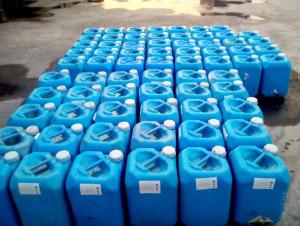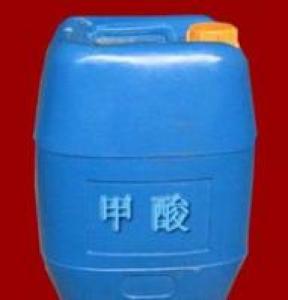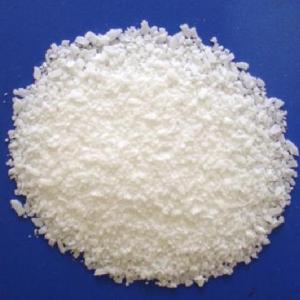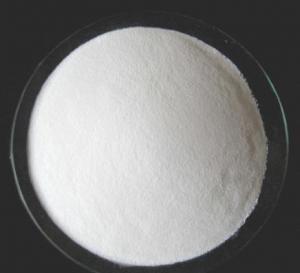BEST QUALITY POLYVINYL CHLORIDE
- Loading Port:
- China Main Port
- Payment Terms:
- TT OR LC
- Min Order Qty:
- -
- Supply Capability:
- -
OKorder Service Pledge
Quality Product, Order Online Tracking, Timely Delivery
OKorder Financial Service
Credit Rating, Credit Services, Credit Purchasing
You Might Also Like
Packaging & Delivery
| Packaging Detail: | 25kgs/pp bag,about 16 MT in a 20"FCL |
| Delivery Detail: | 5 days after order confirmed. |
Specifications
1.paste pvc resin
2.Excellent dielectric properties
3.Impact strength 5~10kJ/m2
4.Better mesh
- Q: Can an atom be an element?
- Yes, the inert element is a single atom molecule, the metal element is also a single atom but generally can not be called a molecule (reason
- Q: I will eat a boiled egg every morning, drink a box of milk before going to bed at night, to stop these things, eat only vegetables?
- Strengthen exercise consumption.
- Q: Organic chemistry extraction lab. If the KBr wasn't there I would just add HCl to protonate the NH2, but I'm not sure if that will affect the KBr or the carbon chain. Both of these are in an aqueous phase.
- The amine will certainly coordinate to K+, but the interaction is not very strong and hydrogen bonding from water will compete efficiently. Also, if your amine is soluble in water, you are not going to be able to isolate it by turning it into the corresponding ammonium salt.
- Q: What is the acid egg
- 1 vinegar egg preparation to take fresh eggs 10, 9 degrees vinegar (or local quality vinegar) 500ml, honey or sugar amount. With alcohol disinfection of eggs into the porcelain containers, and then into the vinegar, sealed 48 hours, until the eggshell softened, only thin egg wrapped in swollen eggs, unsealed, the egg skin smashed, the egg white, Egg yolk and vinegar mix, then placed after 24 hours available. 2 use method to take vinegar egg 40 ~ 50ml, plus 2 to 3 times the warm water, plus the right amount of honey or sugar, feeding a day, once every 10 to 15 days can be. 3 cases on March 5, 1999, a farmer 1 pig susceptible treatment. Symptoms: normal body temperature, loss of appetite, defecation difficulties, often for defecation posture, sometimes discharged dry and small dung ball, and with white or red brown mucus, urine deep yellow and small, palpable abdominal touch To the large intestine with dry hard feces, diagnosed as constipation. Then with rhubarb 100g, fruit guide 10 feeding service, intramuscular injection VB1 10ml, once every 3 days, although the constipation has been alleviated, but a week later, the symptoms as early as possible. Second consultation in the original drug on the basis of plus Ma Ren 12g, talc, rhubarb, Yuan Mingfen, Citrus aurantium 9g, Jianshui feeding service, once every 3 days, still ineffective. Finally diagnosed as habitual constipation, then the law of the use of vinegar egg treatment for 10 days, told more, no recurrence. 4 experience vinegar egg drawn easy, affordable, effective, can be widely used in habitual constipation, constipation caused by infectious diseases, antibiotics should be based on the treatment, with the application of vinegar egg, the effect will be more satisfied.
- Q: What foods contain zinc-containing inorganic salts
- No. 3: mud clam [blood clam, bears clam] (11.59 / 30g / 100g)
- Q: Can inorganic salts act as stabilizers for emulsified asphalt?
- Heze Tongren Road Machinery Co., Ltd. is a asphalt heating and storage equipment as the main body, set road maintenance equipment production, asphalt library design and transformation of technical services, to undertake asphalt library / depot and other construction and installation, industrial pipelines and chemical equipment The installation of the installation of the boiler, the installation of steel structures and accessories sales, such as integrated services in one company.
- Q: Is sulfur simple?
- Say that sulfur is simple
- Q: I had asked a similar question on GC operation last week, but for different kinds of compounds.For my biochem research project at school, I'm testing the ability of a species of bacteria to biodegrade alcohols found in gasoline (methanol, ethanol, isopropyl, tert-butyl and cyclohexanol). The bacteria is growing in a solution of minute amounts of alcohols and Mineral Medium, which is basically just water and dissolved inorganic salts (CaCl2, KH2PO4, NH4NO3 and MgSO4).I know GC's are primarily used to separate organic mixtures. Can a GC separate organic compounds dissolved in salt water? Is it safe to put salt water in a GC? Or would I have to do an extraction to separate the alcohols and run the organic extract through the GC?
- Do not let salts enter the GC. You will have to perform an extraction step and run that. Salts can precipitate in the column or degrade into reactive species that can corrode the GC. Water is OK since it will not destroy the column (I've run aqueous solutions before), but salts are not.
- Q: That day, I put the alum in the water, and then I smell the gas, I would like to know the alkali is not harmful to people, right?
- Alcohol and dark green vegetables due to the excessive spraying of pesticides and the adhesion of organic acids or sulfide, which can keep the original color of vegetables, and remove pesticides on vegetable pollution;
- Q: The commonality of the base
- alkaline solution can react with salt, generate new alkali and new salt
Send your message to us
BEST QUALITY POLYVINYL CHLORIDE
- Loading Port:
- China Main Port
- Payment Terms:
- TT OR LC
- Min Order Qty:
- -
- Supply Capability:
- -
OKorder Service Pledge
Quality Product, Order Online Tracking, Timely Delivery
OKorder Financial Service
Credit Rating, Credit Services, Credit Purchasing
Similar products
Hot products
Hot Searches
Related keywords
